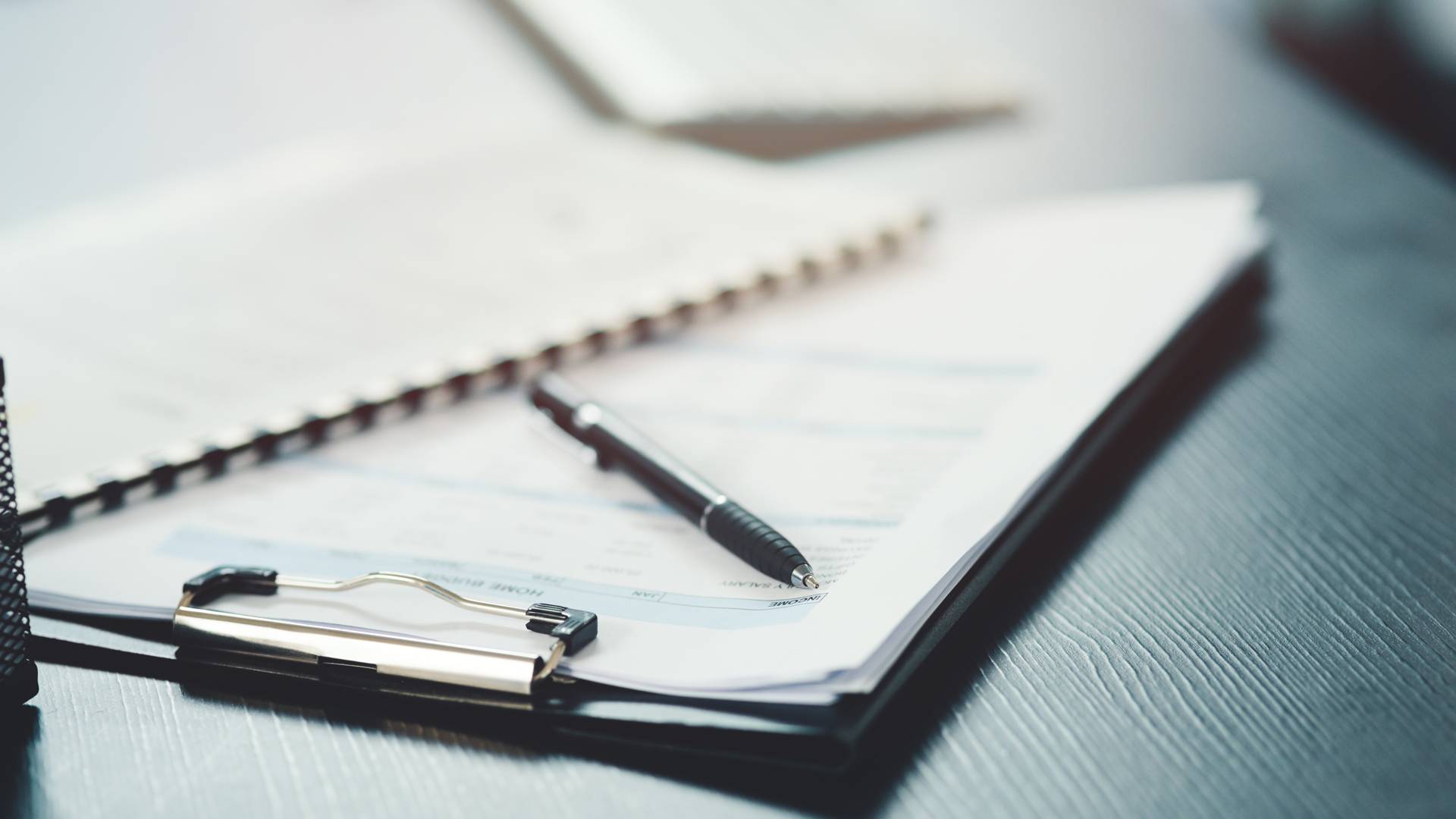We hear that the economy is “recovering,” but most people are still having a tough time, and the immediate future does not look too promising. You yourself may be surviving on credit cards to pay for your daily expenses and are feeling anxious as the balances on those cards increase. On the other hand, you regularly receive statements on your 401(k) plan from your work and see money just sitting there. The thought occurs to you to use that money to help you out of your current financial crisis. But is that a good idea?
Most 401(k) plans allow you to take either a hardship withdrawal of funds or a loan against the balance to pay off debts. It seems reasonable to many people to turn to their retirement accounts as a source of money to avoid having to file a bankruptcy. But is a 401(k) withdrawal or loan really a wise way to deal with unpaid debt, or are you putting yourself into jeopardy in the future if you take the money out?
This is a highly debated issue, so it’s worthwhile examining the consequences before you make your decision whether or not to take money out of your 401(k), IRA, or retirement benefit.
First of all, if you decide to simply pull out funds from your account to pay off debts, those funds are subject to ordinary income tax. Plus, unless you qualify for a hardship exception, you will also pay a 10% early withdrawal penalty. And it’s very unlikely that you would qualify for a hardship exception. That’s restricted to extreme and dire financial circumstances. Therefore, a substantial portion of the money you pull out will go to taxes and penalties rather than being applied to the debts you’re trying to wipe out. Further, you are jeopardizing the amount of money you will have to live on when you do retire, especially considering the interest that would have been earned on that money if you had left it in your retirement account. And that extra money will probably be more important to you when you are no longer in the workforce than now when you are working.
If you decide to take out a loan on your 401(k) rather than a withdrawal, you avoid the tax consequences. Nevertheless, there will be an interest rate applied to the loan. It will generally be lower than the interest rate on your credit cards, which sounds attractive. And you will likely be making relatively small repayments, which are deducted from your regular paychecks over an extended period of time. Nevertheless, there are risks to taking the money out as a loan. Generally, you need to repay the whole 401(k) loan amount if you leave your job. You are therefore stuck in that job until the loan is repaid. Also, if you were to be laid off or fired, you would then have a real problem repaying the loan. In that situation, if you’re unable to repay the loan relatively quickly, that loan is treated as an early withdrawal and is subject to both income tax at your current income tax rate and the 10% penalty.
Especially if you are approaching retirement age or if you have chronic health problems that could interfere with your being able to work until normal retirement age, you should seriously consider keeping that retirement money safe where it is, making money as an investment for you.
You should consider filing a bankruptcy rather than using your retirement money to pay current debts. The overriding factor for my suggestion is that most retirement plans are protected under bankruptcy law from the reach of your creditors and bankruptcy trustees. Examples of retirement accounts that are “exempt” (protected) are:
- 401(k)s,
- certain IRAs (up to certain limits),
- government retirement accounts,
- deferred compensation plans, and
- profit-sharing plans.
Since such accounts are exempt, you get to keep the money that you have accumulated in the account once the bankruptcy has been completed.
Filing bankruptcy can help you deal with your creditors, protect you from the threat of garnishments and attachments, and give you a clean start in dealing with your living expenses. At the very least, it’s wise to discuss the matter with a competent bankruptcy attorney before risking your future financial security.
If you have more questions about using a retirement plan to pay off debts, contact an experienced attorney at Horwitz & Horwitz today.

